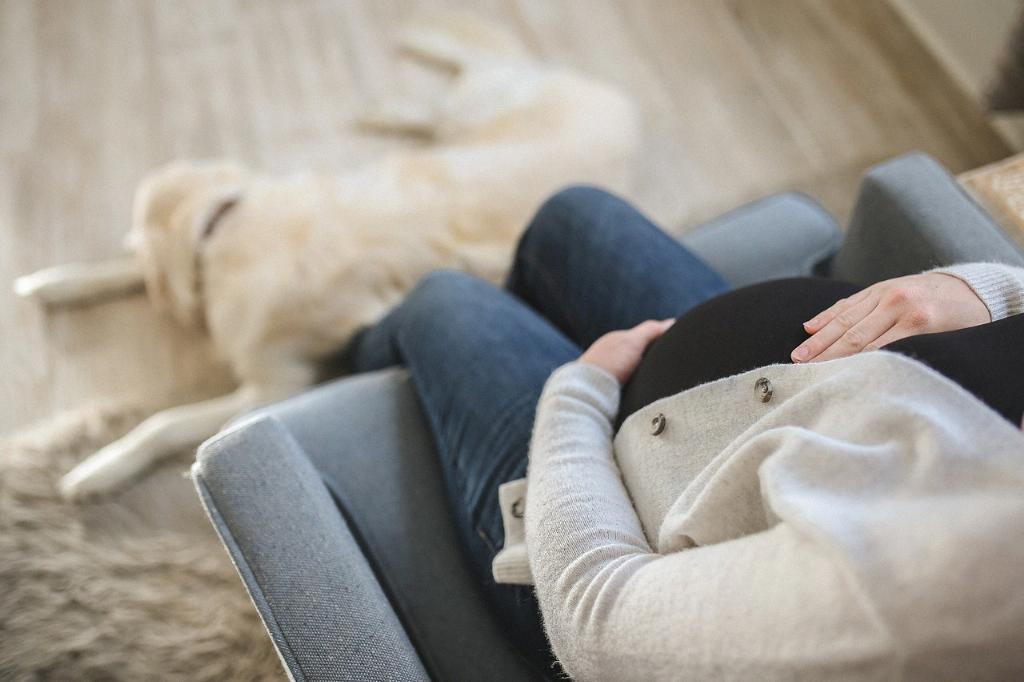When it comes to taking a pregnancy test, timing is crucial. The standard recommendation is to wait until you’ve missed your period before testing, as this increases the accuracy of the results. However, some individuals may be eager to find out if they are pregnant sooner, leading them to take a test at 4 weeks.
Factors Affecting Early Testing
At 4 weeks post conception, a woman may not have missed her period yet. This early stage of pregnancy can make it challenging for a test to detect the presence of human chorionic gonadotropin (hCG), the hormone produced during pregnancy. As a result, a negative test at this early stage does not definitively rule out pregnancy.
False-Negative Results
Getting a negative result on a pregnancy test when you are actually pregnant is known as a false-negative. This can occur for various reasons, including testing too early. At 4 weeks, the levels of hCG in the body may not be high enough to be detected by a home pregnancy test, leading to a false-negative result.
Testing Too Early
Testing too early can increase the likelihood of receiving a false-negative result. It’s important to follow the instructions on the pregnancy test carefully and understand the optimal time to take the test for accurate results. Taking a test too soon can lead to disappointment and uncertainty.
Importance of Follow-Up Testing
If you receive a negative result on a pregnancy test at 4 weeks but suspect that you may still be pregnant, it’s advisable to follow up with additional testing. Waiting a few days or weeks and retesting can provide a clearer picture of your pregnancy status, especially as hCG levels increase over time.
Consulting a Healthcare Provider
If you are experiencing symptoms of pregnancy or have concerns about your test results, it’s essential to consult with a healthcare provider. A healthcare professional can offer guidance on when to test, interpreting results, and next steps based on your individual situation.
Understanding False-Positive Results
On the other end of the spectrum, it’s also possible to receive a false-positive result on a pregnancy test. Factors such as certain medications or medical conditions can lead to misleading results. It’s crucial to consider all possibilities when interpreting test outcomes.
Emotional Impact of Testing
Waiting for the results of a pregnancy test can be a stressful and emotional experience. Whether you are hoping for a positive or negative outcome, the uncertainty can take a toll on your mental well-being. It’s essential to seek support and care during this time.
Seeking Support
Regardless of the test results, reaching out to loved ones or a support network can provide comfort and reassurance. Sharing your concerns and feelings with others can help alleviate some of the anxiety associated with pregnancy testing and potential outcomes.
Remembering Self-Care
During this period of uncertainty, it’s crucial to prioritize self-care and well-being. Engaging in activities that bring you comfort and relaxation can help manage stress and anxiety. Taking care of yourself emotionally and physically is essential during this time.
Final Thoughts
In conclusion, getting a negative result on a pregnancy test at 4 weeks does not entirely rule out the possibility of being pregnant. False-negative results can occur, particularly when testing early in the pregnancy. It’s important to follow up with additional testing and consult with a healthcare provider for guidance and support.

